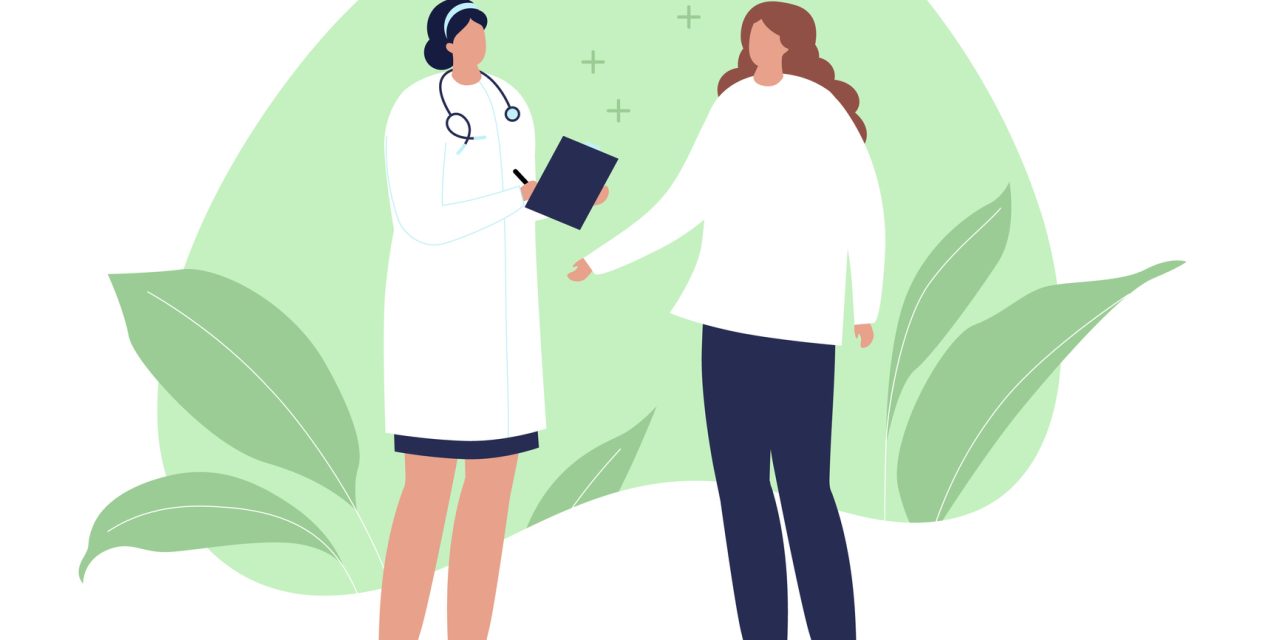For a study, researchers sought to investigate Black women’s lived experiences with racism, as well as the consequences for reproductive health decisions and the reproductive health care experience. Researchers enlisted the help of social media and community outreach to find participants. They conducted semi-structured individual interviews with Black women to learn about their lived experiences with racism and how it affects their reproductive health. Using process coding methods, they coded and evaluated interview transcripts.
Participants (N=21) ranged in age from 21 to 45 and came from Boston, Chicago, and Atlanta. The main topics were: 1) reproductive health racism throughout one’s life, 2) anti-Black racism in the reproductive health care system, and 3) self-protective strategies while engaging with the reproductive health care system. Early sexualization of Black women, increased awareness of reproductive health inequalities, and understanding of reproductive oppression were all sub-themes of reproductive racism over the life cycle. The absence of collaborative decision making; vicarious reproductive health experiences; stereotyping, invalidation, rejection by reproductive health professionals; and medical distrust were all sub-themes of anti-Black racism in the reproductive health care system. Participants protected themselves from racism in reproductive health care by engaging in a variety of self-protective behaviors such as seeking a health care professional of color, over-preparing for appointments, enlisting advocates, seeking care only when desperate, and exaggerating symptoms to be heard.
Participants’ personal, vicarious, and historical experiences with racism in reproductive health care prompted them to take self-protective measures while dealing with the reproductive health care system. These activities promoted safety, autonomy, and dehumanization within a system that had historically and now disregarded Black reproductive health.


